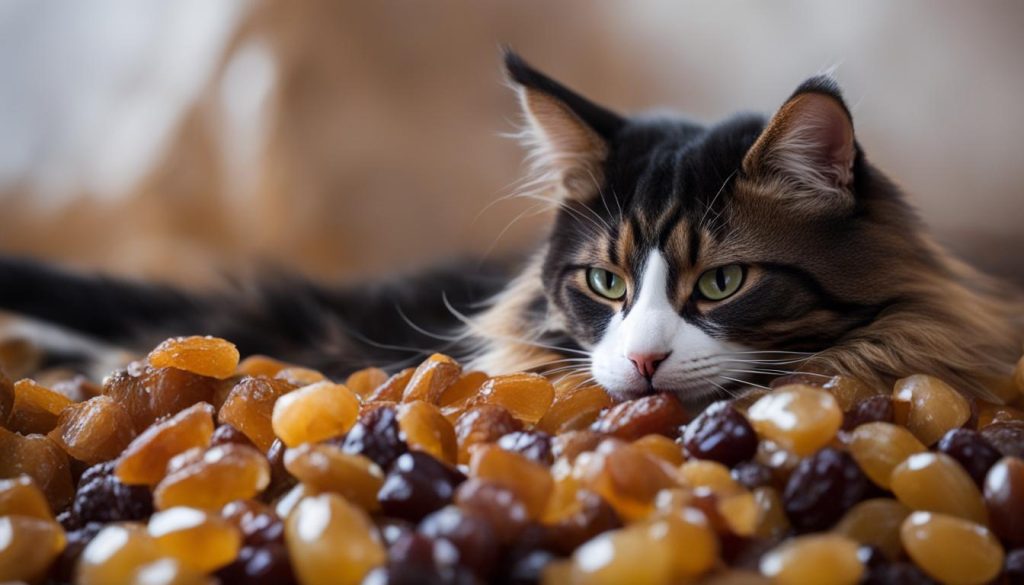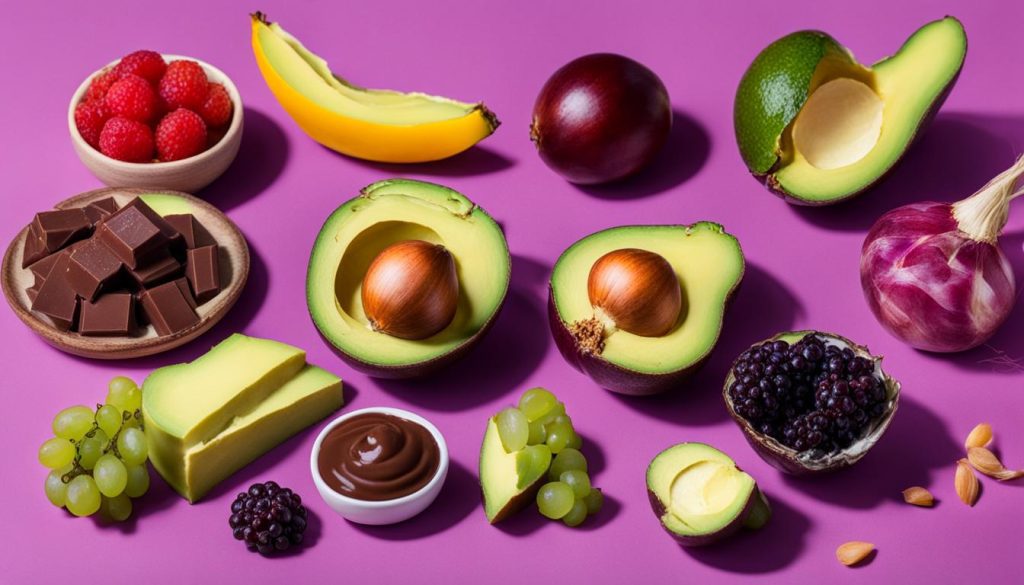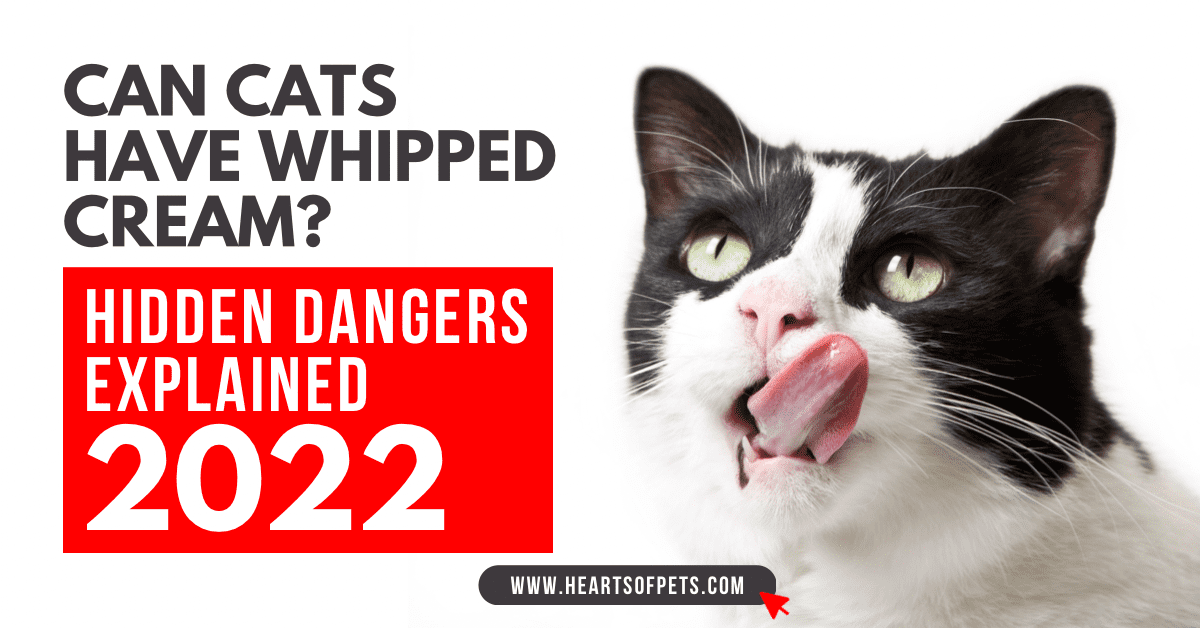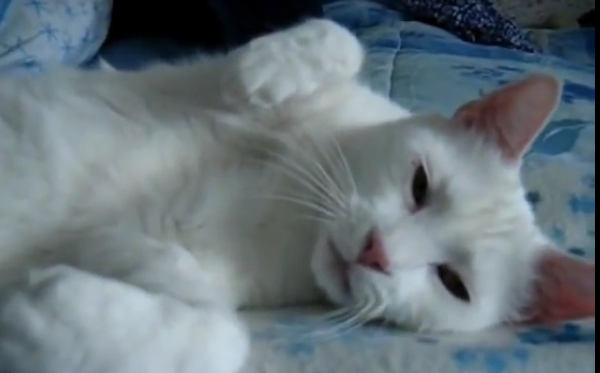Grapes and raisins are a popular snack for many people, but can cats eat raisins? Are raisins safe for cats? As a cat owner, it’s important to know the effects of raisins on cats and the dangers of cats eating raisins.
While cats can technically eat raisins, it is not recommended. Raisins, like grapes, are toxic to cats and even a small amount of raisins can cause your feline friend to become very ill. The exact reason why raisins are bad for cats is not fully understood, but raisin toxicity in cats can lead to vomiting, diarrhea, stomach pain, and in severe cases, kidney failure.
If your cat accidentally eats raisins, it is crucial to seek prompt veterinary care. The treatment for grape and raisin poisoning in cats involves decontamination and supportive care. This may include inducing vomiting, giving activated charcoal to absorb toxins, and providing IV fluids to flush toxins and assess kidney function.
It is not just raisins that are toxic to cats. There are several other foods that are dangerous for cats, including chocolate, caffeine, onions, garlic, alcohol, and xylitol. It is essential to be aware of these poisonous foods and keep them out of reach of your curious cat.
Can Cats Eat Raisins? Yes, they can but they shouldn’t. It is not safe for your feline.
- Cats should not eat raisins as they can be toxic and cause serious health issues.
- Raisin toxicity in cats can lead to vomiting, diarrhea, stomach pain, and kidney failure.
- If your cat accidentally ingests raisins, contact your veterinarian immediately for guidance.
- Avoid giving your cat other toxic foods including chocolate, caffeine, onions, garlic, alcohol, and xylitol.
- Keep these dangerous foods out of reach to ensure the safety of your feline companion.
Can Cats Eat Raisins?
Yes, cats can eat raisins. However, it is not recommended as raisins, like grapes, are toxic to cats. Even a small amount of raisins can cause your cat to become very ill. Raisins are dried grapes and are known to be harmful to dogs. While there is limited information on the effects of raisins on cats, it is best to avoid giving them to your feline friend.
Why are Raisins Bad for Cats?
The exact reason why raisins are bad for cats is not fully understood. However, raisin toxicity in cats can have detrimental effects on their health. When consumed, raisins can cause various symptoms such as vomiting, diarrhea, and stomach pain. In severe cases, raisin ingestion can lead to kidney failure, which can be life-threatening for cats.
Raisin toxicity can develop within 12 hours of ingestion, so it’s important to act promptly if you suspect your cat has consumed raisins. While the exact mechanism of how raisins affect cats is still unclear, the potential risks are significant enough to warrant caution.
As a responsible cat owner, it is best to keep raisins and other grapes products away from your feline friend. Avoid giving them any foods that contain these potentially harmful substances. By doing so, you can help safeguard their well-being and prevent any unnecessary health problems.

What to Do if Your Cat Eats Raisins
If your cat accidentally eats raisins, it is crucial to act quickly to ensure their well-being and prevent the dangers associated with raisin consumption. The ingestion of raisins can lead to severe organ damage in cats, making prompt treatment essential.
If you find that your cat has consumed raisins, the first step is to contact your veterinarian immediately. They will provide you with the necessary guidance and next steps to take in this situation. Remember, seeking professional advice is crucial, as your veterinarian is the best person to assess your cat’s condition and provide appropriate recommendations.
Symptoms of Raisin Toxicity in Cats
Raisin toxicity can cause various symptoms in cats, including:
- Vomiting
- Lethargy
- Diarrhea
- Decreased appetite
- Increased thirst
If you notice any of these symptoms, it is vital not to wait for them to worsen before seeking help. Time is of the essence when dealing with raisin ingestion, and immediate action can make a significant difference in your cat’s recovery.
While waiting for guidance from your veterinarian, it is advisable to keep a close eye on your cat’s condition. Ensure they have access to fresh water and a comfortable, quiet environment. Avoid giving them any food or medications without explicit instructions from the veterinarian.
Remember, the dangers of cats eating raisins should not be taken lightly. Seeking professional advice promptly can help mitigate the potential risks and ensure the best possible outcome for your feline friend.
Other Foods that are Not Safe for Cats
In addition to grapes and raisins, there are several other foods that are toxic to cats. It’s important to be aware of these and keep them out of reach of your furry friend to prevent any potential harm.
Chocolate: Chocolate contains theobromine, a substance that can be toxic to cats. Even a small amount can cause symptoms such as vomiting, diarrhea, increased heart rate, and seizures.
Caffeine: Caffeine can affect a cat’s central nervous system and cardiovascular system. It can cause restlessness, rapid breathing, tremors, and in severe cases, can be fatal.
Onions and Garlic: Onions and garlic, whether raw, cooked, or in powdered form, contain compounds that can damage a cat’s red blood cells and lead to anemia. It’s important to avoid feeding your cat any foods containing these ingredients.
Alcohol: Alcohol ingestion can lead to serious health issues in cats. It can cause intoxication, vomiting, disorientation, difficulty breathing, and even coma or death.
Xylitol: Xylitol is a common sweetener found in many sugar-free products, including gum, candy, and baked goods. It can cause a rapid release of insulin in cats, resulting in low blood sugar levels, which can be life-threatening.
Remember, cats have different dietary requirements than humans, and certain foods that are safe for us can be extremely dangerous for them. Always consult with your veterinarian if you have any doubts or concerns about what is safe for your cat to consume.

Can Cats Eat Grapes?
No, cats cannot eat grapes. Grapes are toxic to cats and can cause severe health issues, including acute kidney injury and failure. Grapes contain a component called tartaric acid, which is believed to be responsible for the toxic effects on pets. If your cat ingests grapes, it is crucial to take immediate action. Contact your veterinarian for advice and intervention to ensure the well-being of your feline friend.
Eating grapes can have serious consequences for cats, leading to kidney damage that can be life-threatening. As a responsible cat owner, it’s important to understand that grapes are not safe for your furry companion. Prevention is key, so make sure to keep grapes and grape-containing products out of your cat’s reach. If you suspect your cat has consumed grapes or is exhibiting symptoms like vomiting, lethargy, or decreased appetite, do not hesitate to seek veterinary care immediately.
Conclusion
It is best to avoid giving raisins and grapes to your cat. These fruits are toxic to cats and can cause serious health problems, including kidney failure. The exact reason why raisins are harmful to cats is not fully understood, but it is crucial to keep them away from your feline companion to prevent any potential risks.
If your cat accidentally ingests raisins or grapes, it is important to act quickly. Contact your veterinarian immediately for guidance and next steps. Prompt treatment is essential to minimize the risk of severe organ damage and ensure the well-being of your cat.
Furthermore, it is important to be aware of other foods that are toxic to cats. Along with grapes and raisins, there are several other common household foods that can be harmful, such as chocolate, caffeine, onions, garlic, alcohol, and xylitol. Keeping these items out of reach of your cat is essential to maintain their health and safety.
Remember, your cat’s dietary needs are different from yours, and not all human foods are safe for them. By being knowledgeable about the potential dangers of certain foods and taking preventive measures, you can help protect your feline companion and ensure they lead a long and healthy life.
FAQ
Can cats eat raisins?
No, it is not recommended to feed cats raisins as they are toxic to them. Even a small amount of raisins can cause illness in cats.
Why are raisins bad for cats?
Raisins can be harmful to cats as they can cause symptoms such as vomiting, diarrhea, stomach pain, and in severe cases, kidney failure.
What should I do if my cat eats raisins?
If your cat accidentally ingests raisins, it is important to seek immediate veterinary care. Contact your veterinarian for advice and next steps to prevent severe organ damage.
Are there other foods that are not safe for cats?
Yes, several other foods can be toxic to cats, including chocolate, caffeine, onions, garlic, alcohol, and xylitol. It is crucial to keep these foods out of reach of your cat.
Can cats eat grapes?
No, cats cannot eat grapes. Grapes are toxic to cats and can cause severe health issues, including acute kidney injury and failure.






